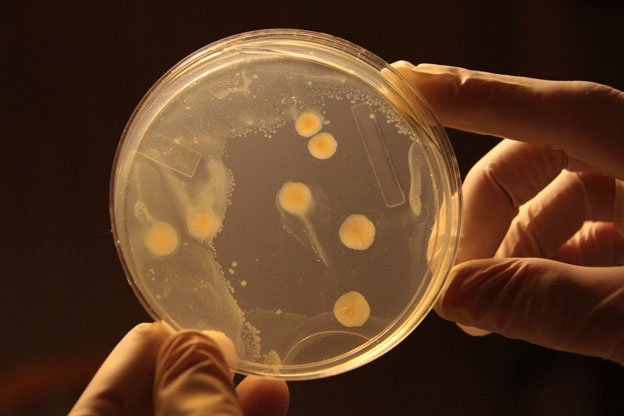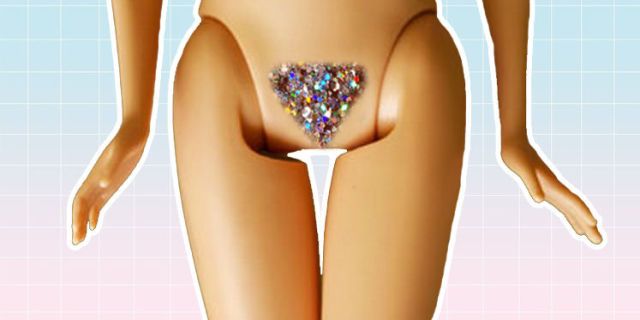Sexual Health, Questions & Answers
Q&A: Differences Between HPV And HIV
QUESTION: I recently came up HPV positive. Does that means I’m going to be HIV positive?
Great question – the fact that the acronyms HPV and HIV sound similar to each other is confusing for many people.
Some people worry that they are the same infection. Other times, people may worry that if they have one sexually transmissible infection, or STI, then they’ll automatically get another STI. Neither of these are true.
The letters HPV stand for the human papillomavirus while HIV stands for the Human Immunodeficiency Virus. They are two completely different viruses and there are important differences between them.
HPV: The Human Papillomavirus
Most sexually active people are exposed to HPV at some point in their lives; some estimates suggest that as many as 60 to 80% of American women and men will get at least one strain of HPV during their lives.
Although HPV has been linked with serious health problems such as cervical cancer, penile cancer and oral cancers, most people who have HPV will not have any serious or life-threatening problems related to HPV infection. In fact, it seems that most people’s bodies are able to clear signs of HPV infection with one or two years of getting HPV.
That said, if you are diagnosed with HPV, you should follow your healthcare provider’s recommendation for follow-up care. For women who receive an abnormal Pap test related to HPV infection, this sometimes means having follow-up Pap tests every 3 or 6 months for a while or as recommended by one’s healthcare provider.
HIV: Human Immunodeficiency Virus
HIV – on the other hand – is far less common in the United States although it is more common in some countries within sub-Saharan Africa, as well as in Russia and China.
HIV is often known as the virus that causes AIDS. When a person is infected with HIV, he or she typically requires much more frequent and specialized healthcare services than people with other STIs need.
HIV, if it leads to AIDS and to serious opportunistic infections, can ultimately contribute to a person’s early death, so good healthcare is critical. Fortunately, given advances with testing and treatment for HIV, more people with HIV are living longer, healthy, productive lives.









